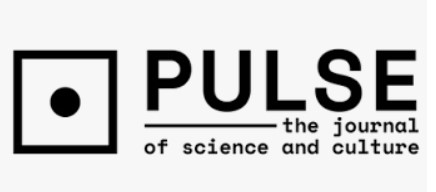The Weird as Contingency and Fate in the Empty Space Trilogy
The Weird as Contingency and Fate in the Empty Space Trilogy
Author(s): Claudia MurgiaSubject(s): Epistemology, Theory of Literature, British Literature
Published by: Central European University
Keywords: the weird; contingency; fate; Empty Space trilogy; M. John Harrison;
Summary/Abstract: The paper examines how in his Empty Space trilogy, M. John Harrison uses weird fiction to represent the failure of both human epistemology and agency in dealing with the new and the unthinkable. The unthinkable, according to Eugene Thacker, is the space outside the human, the world-without-us. Following Timothy Morton, the Kefahuchi Tract, an apparently empty space in the universe where weird phenomena distort the rules of physics, is presented in this study as a hyperobject that distorts reality beyond human comprehension. The characters in the trilogy have to accept the contingency, in the sense expressed by Quentin Meillassoux, not only of the universe around them, of which they are only a part, but of their own Fate, which is as meaningless as a throwing of dice. Out of the frustration of his characters at the discovery of their irrelevance in the face of the Tract, Harrison pushes them to their limits until some of them manage to understand that openness to the Other and acceptance of the irremediable uncertainty of everything are the only possible ethical attitudes to survive in a world of constant change.
Journal: Pulse: the Journal of Science and Culture
- Issue Year: 8/2021
- Issue No: 1
- Page Range: 1-18
- Page Count: 18
- Language: English

